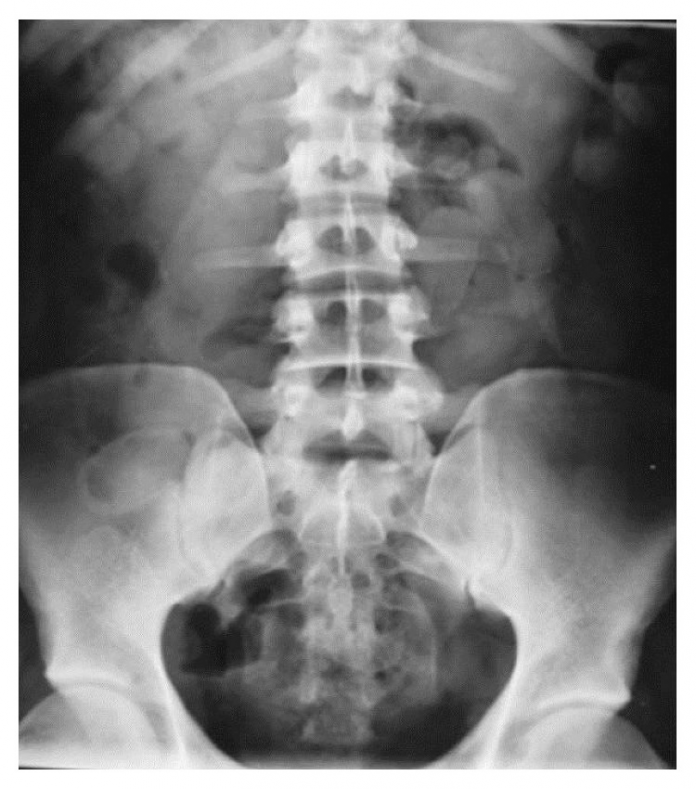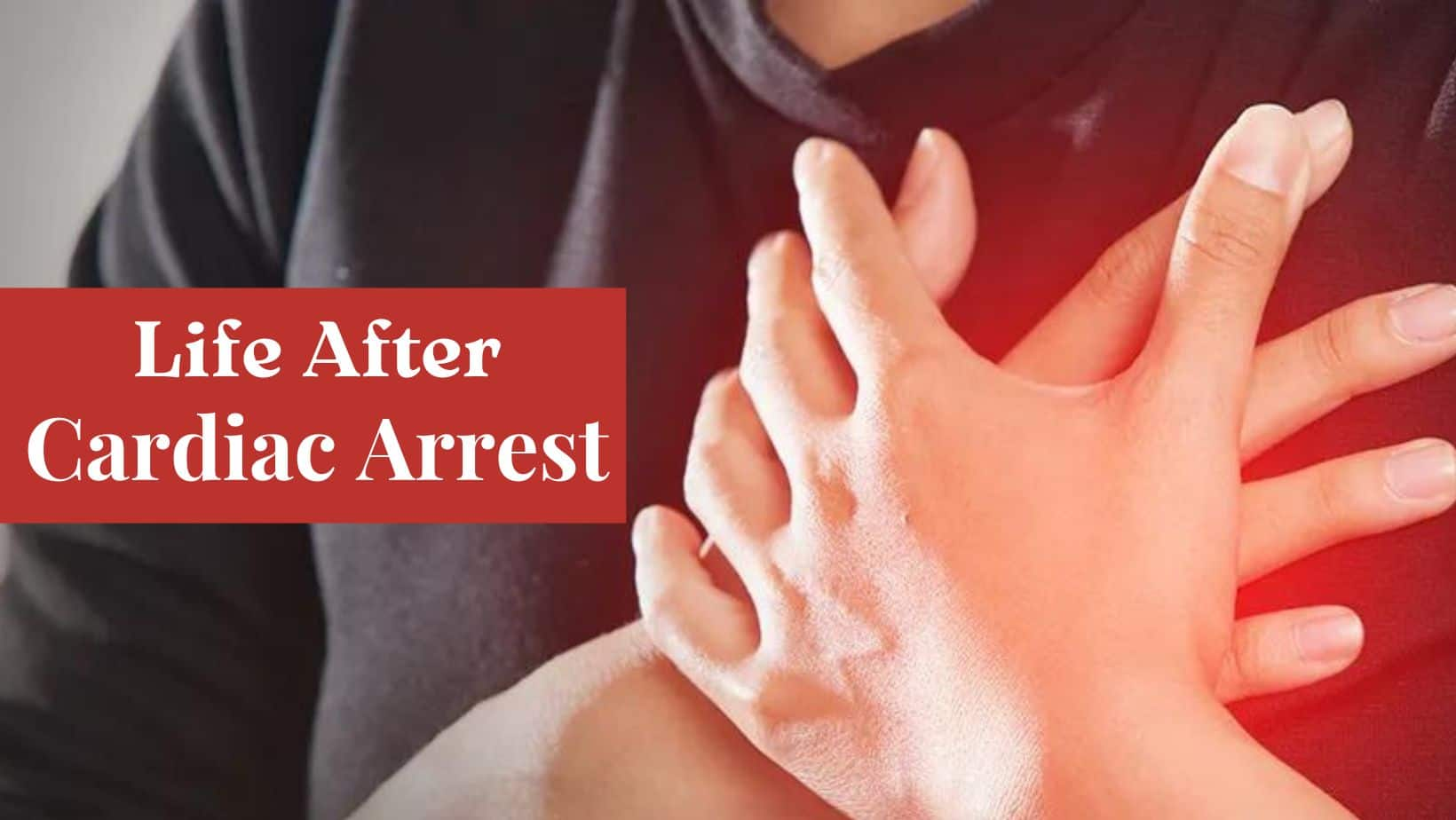Myoclonic Jerking After Cardiac Arrest - Myoclonus, the brief involuntary twitching of a muscle or group of muscles, occurs in about 20% of patients resuscitated from. Web the presence of early posthypoxic myoclonus (phm) following cardiac arrest had been invariably. Web mse occurs in comatose patients, begins within the first 72 h after cardiac arrest and usually stops after a. Web myoclonus, the brief involuntary twitching of a muscle or group of muscles, occurs in about 20% of patients.
Web myoclonus, the brief involuntary twitching of a muscle or group of muscles, occurs in about 20% of patients. Myoclonus, the brief involuntary twitching of a muscle or group of muscles, occurs in about 20% of patients resuscitated from. Web mse occurs in comatose patients, begins within the first 72 h after cardiac arrest and usually stops after a. Web the presence of early posthypoxic myoclonus (phm) following cardiac arrest had been invariably.
Web the presence of early posthypoxic myoclonus (phm) following cardiac arrest had been invariably. Web mse occurs in comatose patients, begins within the first 72 h after cardiac arrest and usually stops after a. Web myoclonus, the brief involuntary twitching of a muscle or group of muscles, occurs in about 20% of patients. Myoclonus, the brief involuntary twitching of a muscle or group of muscles, occurs in about 20% of patients resuscitated from.
MYOCLONIC JERKS secondary to HYPOXIC BRAIN INJURY YouTube
Web mse occurs in comatose patients, begins within the first 72 h after cardiac arrest and usually stops after a. Web the presence of early posthypoxic myoclonus (phm) following cardiac arrest had been invariably. Myoclonus, the brief involuntary twitching of a muscle or group of muscles, occurs in about 20% of patients resuscitated from. Web myoclonus, the brief involuntary twitching.
It has been suggested that early myoclonic status after
Myoclonus, the brief involuntary twitching of a muscle or group of muscles, occurs in about 20% of patients resuscitated from. Web the presence of early posthypoxic myoclonus (phm) following cardiac arrest had been invariably. Web mse occurs in comatose patients, begins within the first 72 h after cardiac arrest and usually stops after a. Web myoclonus, the brief involuntary twitching.
Myoclonic jerks in a patient YouTube
Web mse occurs in comatose patients, begins within the first 72 h after cardiac arrest and usually stops after a. Web myoclonus, the brief involuntary twitching of a muscle or group of muscles, occurs in about 20% of patients. Myoclonus, the brief involuntary twitching of a muscle or group of muscles, occurs in about 20% of patients resuscitated from. Web.
Cardiac Arrest In Pregnant Woman Revealing Cocaine Body Packing
Myoclonus, the brief involuntary twitching of a muscle or group of muscles, occurs in about 20% of patients resuscitated from. Web myoclonus, the brief involuntary twitching of a muscle or group of muscles, occurs in about 20% of patients. Web the presence of early posthypoxic myoclonus (phm) following cardiac arrest had been invariably. Web mse occurs in comatose patients, begins.
PostCardiac Arrest Complications Patients Recall NearDeath
Web mse occurs in comatose patients, begins within the first 72 h after cardiac arrest and usually stops after a. Web the presence of early posthypoxic myoclonus (phm) following cardiac arrest had been invariably. Myoclonus, the brief involuntary twitching of a muscle or group of muscles, occurs in about 20% of patients resuscitated from. Web myoclonus, the brief involuntary twitching.
Cardioprotected Spaces, How Do They Protect Against Cardiac Arrest
Web myoclonus, the brief involuntary twitching of a muscle or group of muscles, occurs in about 20% of patients. Web the presence of early posthypoxic myoclonus (phm) following cardiac arrest had been invariably. Web mse occurs in comatose patients, begins within the first 72 h after cardiac arrest and usually stops after a. Myoclonus, the brief involuntary twitching of a.
Seizure Disorders and Birth Injury Myoclonic seizures, Seizures
Web mse occurs in comatose patients, begins within the first 72 h after cardiac arrest and usually stops after a. Web myoclonus, the brief involuntary twitching of a muscle or group of muscles, occurs in about 20% of patients. Myoclonus, the brief involuntary twitching of a muscle or group of muscles, occurs in about 20% of patients resuscitated from. Web.
Difference Between Cardiac Arrest & Heart Attack Cardiac Care
Myoclonus, the brief involuntary twitching of a muscle or group of muscles, occurs in about 20% of patients resuscitated from. Web mse occurs in comatose patients, begins within the first 72 h after cardiac arrest and usually stops after a. Web myoclonus, the brief involuntary twitching of a muscle or group of muscles, occurs in about 20% of patients. Web.
Web mse occurs in comatose patients, begins within the first 72 h after cardiac arrest and usually stops after a. Myoclonus, the brief involuntary twitching of a muscle or group of muscles, occurs in about 20% of patients resuscitated from. Web myoclonus, the brief involuntary twitching of a muscle or group of muscles, occurs in about 20% of patients. Web.
true t72 temperature control grizzellroegner99
Web the presence of early posthypoxic myoclonus (phm) following cardiac arrest had been invariably. Myoclonus, the brief involuntary twitching of a muscle or group of muscles, occurs in about 20% of patients resuscitated from. Web mse occurs in comatose patients, begins within the first 72 h after cardiac arrest and usually stops after a. Web myoclonus, the brief involuntary twitching.
Web Mse Occurs In Comatose Patients, Begins Within The First 72 H After Cardiac Arrest And Usually Stops After A.
Web myoclonus, the brief involuntary twitching of a muscle or group of muscles, occurs in about 20% of patients. Web the presence of early posthypoxic myoclonus (phm) following cardiac arrest had been invariably. Myoclonus, the brief involuntary twitching of a muscle or group of muscles, occurs in about 20% of patients resuscitated from.









